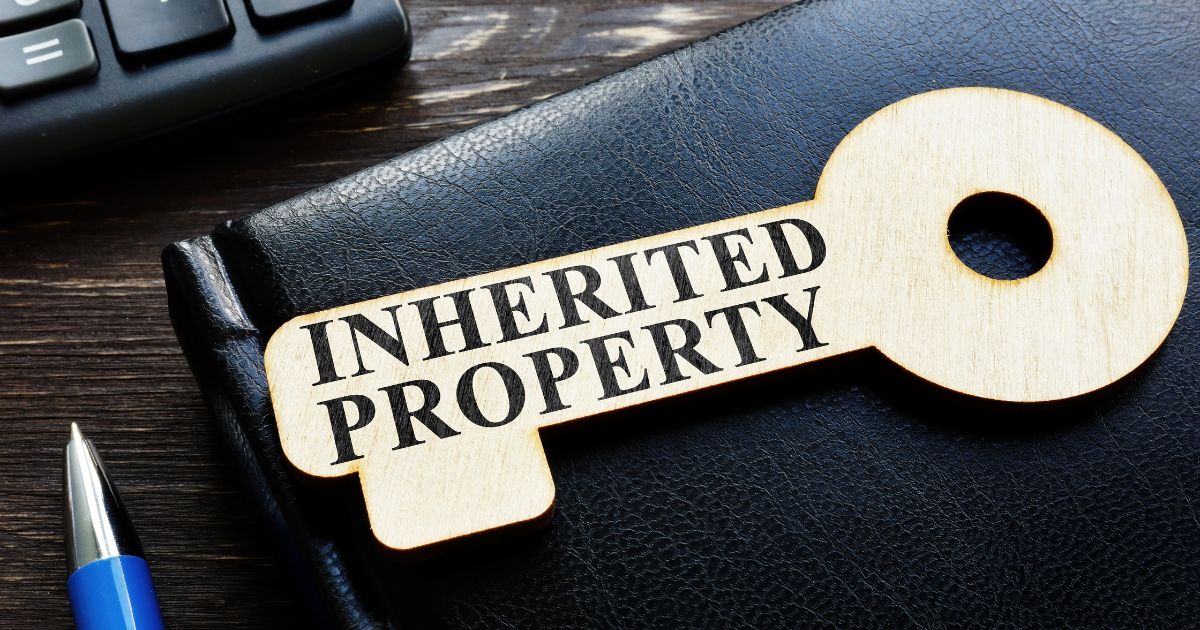If you have just inherited a property, not knowing your options could cost you. Real estate for novice investors can be complicated. In the case of inherited property, the value of the property and what it is used for, including money owed, the money gained, and taxes, play an essential role and can cause headaches if the proper steps are not taken.
Many people who inherit property are not knowledgeable about the inner workings of real estate laws. Learning about a 1031 tax exchange and what happens to property bequeathed to an heir is important.
A step-up in basis provision enables a person to inherit property at its fair market value. This means that no matter what amount of money the owner initially purchased for the property, the property is “stepped up” to its current market value. Thus, if the original owner bought a piece of property for $250,000 and its market value is $500,000 upon receiving it, your newly acquired property is priced at the current market value.
The step-up in basis provision is beneficial if you have just inherited a property but then decide whether you should sell, rent, or hold on to it. It is essential to understand that even though there will be no capital gains taxes owed on the increased value of the property, once you inherit it, it is yours, with all the responsibilities of an investment property.
If you inherited property and want to sell it for the money, you should do so quickly as possible to avoid the capital gains tax. Remember that the clock is ticking: any increase in value from when you received it is considered capital gain.
Renting out a property allows you to avoid paying the capital gains tax until you sell it. If you want to move into the property and make it your home, you cannot defer taxes or do a 1031 exchange. You might also want to consider how much money is owed on the mortgage and who else inherited the property.
What Is a 1031 Exchange?
A 1031 exchange allows someone to defer capital gains tax when exchanging like-kind properties. A like-kind property is a new property similar to the one it replaces. Thus, if you are exchanging a property worth $500,000 for a similar property worth $1 million, the exchange might meet the requirements of the 1031 exchange, and the capital gains tax will be deferred.
It is easy to see how this can be advantageous to an investor. By the time you sell it for profit, the new market value of the property, if significantly increased, will offset the taxes. You will want to be careful of any downslide in the real estate market.
Contact 1031 Federal Exchange For Assistance With An Inherited Property Exchange
If you are considering a 1031 exchange on an inherited property, speak with one of our skilled 1031 exchange experts at 1031 Federal Exchange to obtain a result that is beneficial to you. Call us at 513-450-3039 or contact us online for a free consultation today. Located in Loveland, Ohio, we represent clients nationwide.

